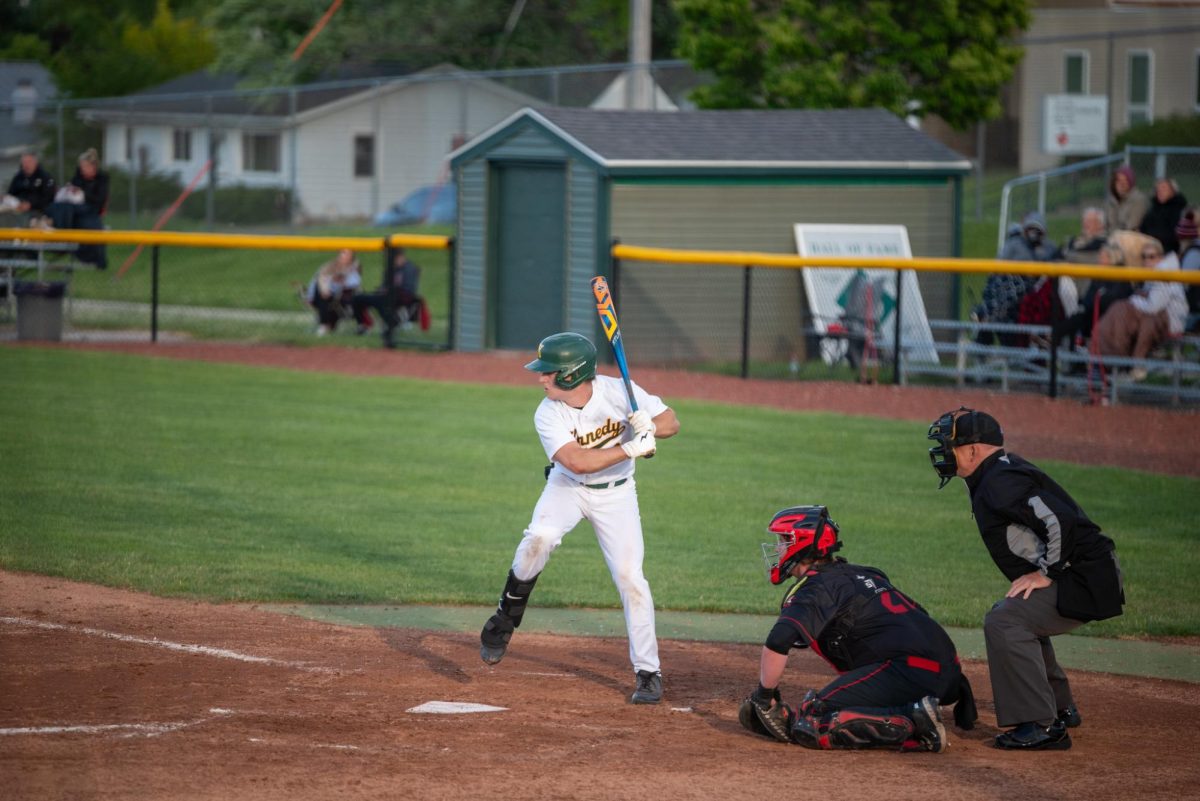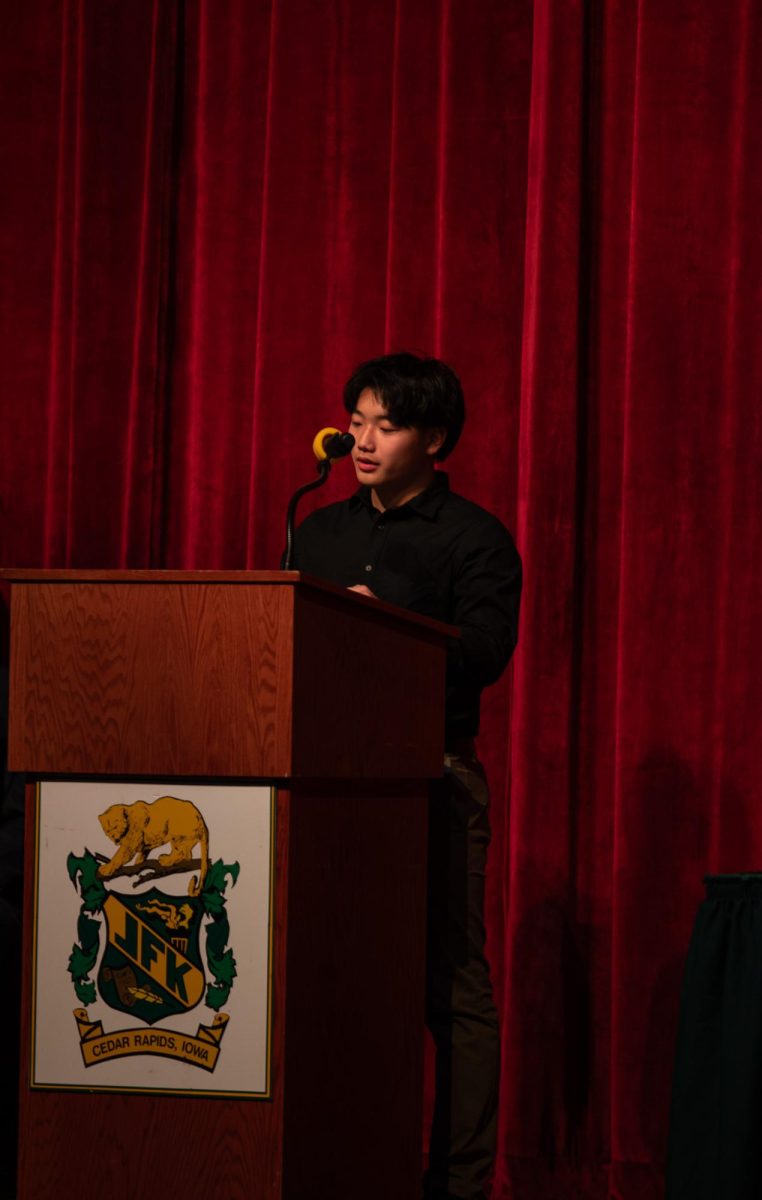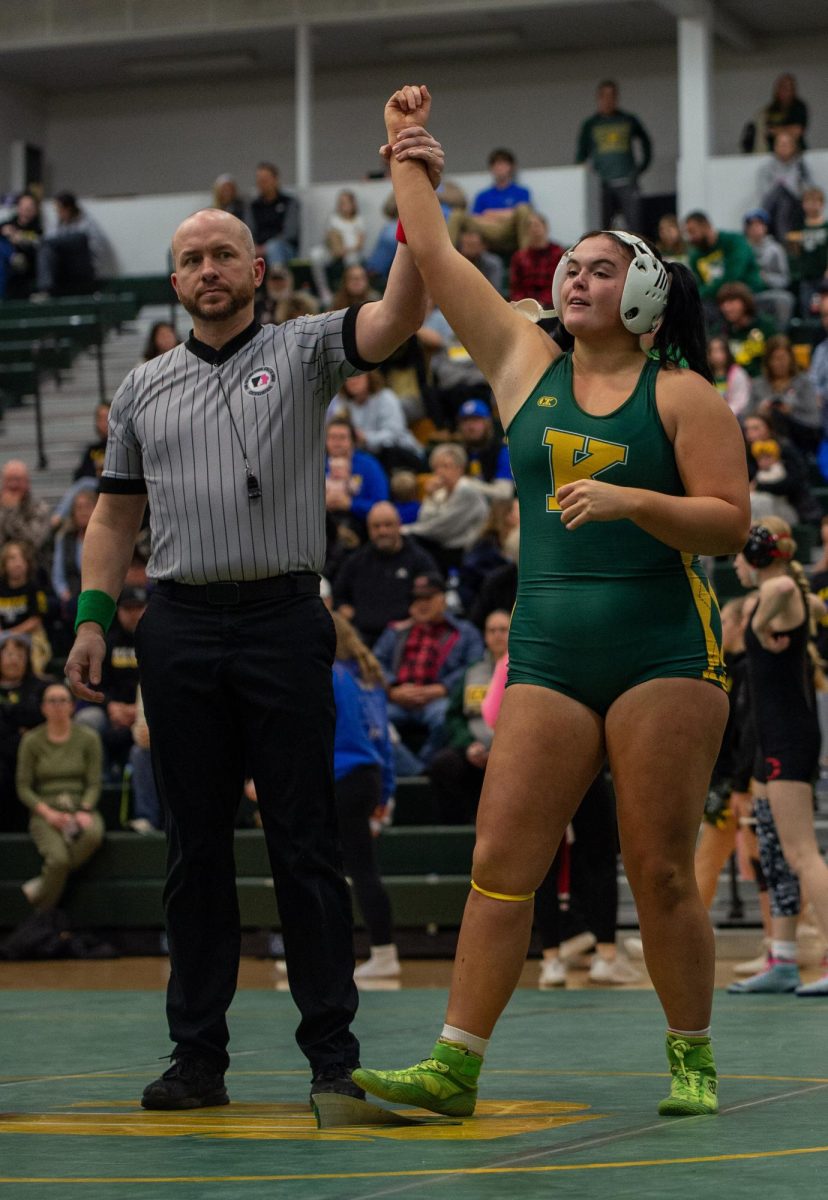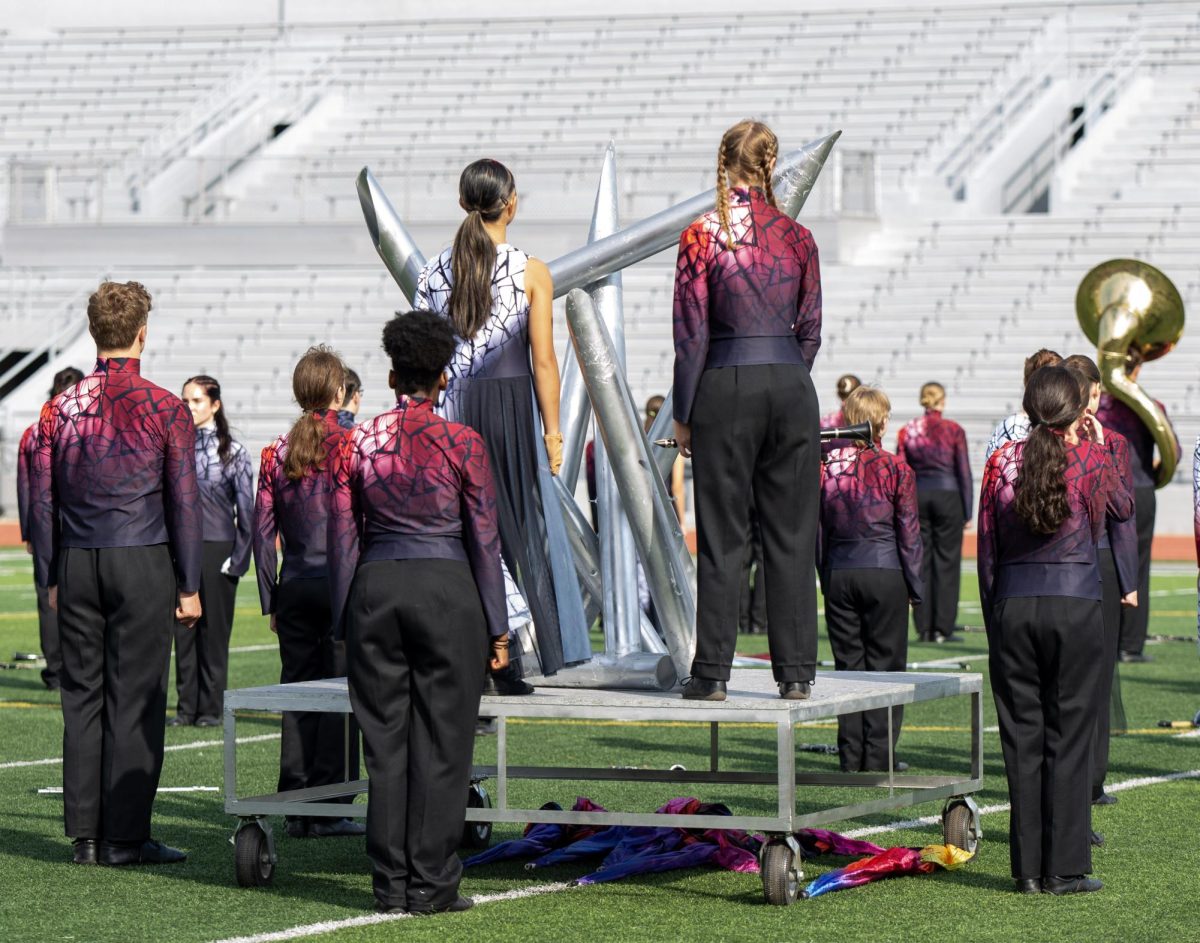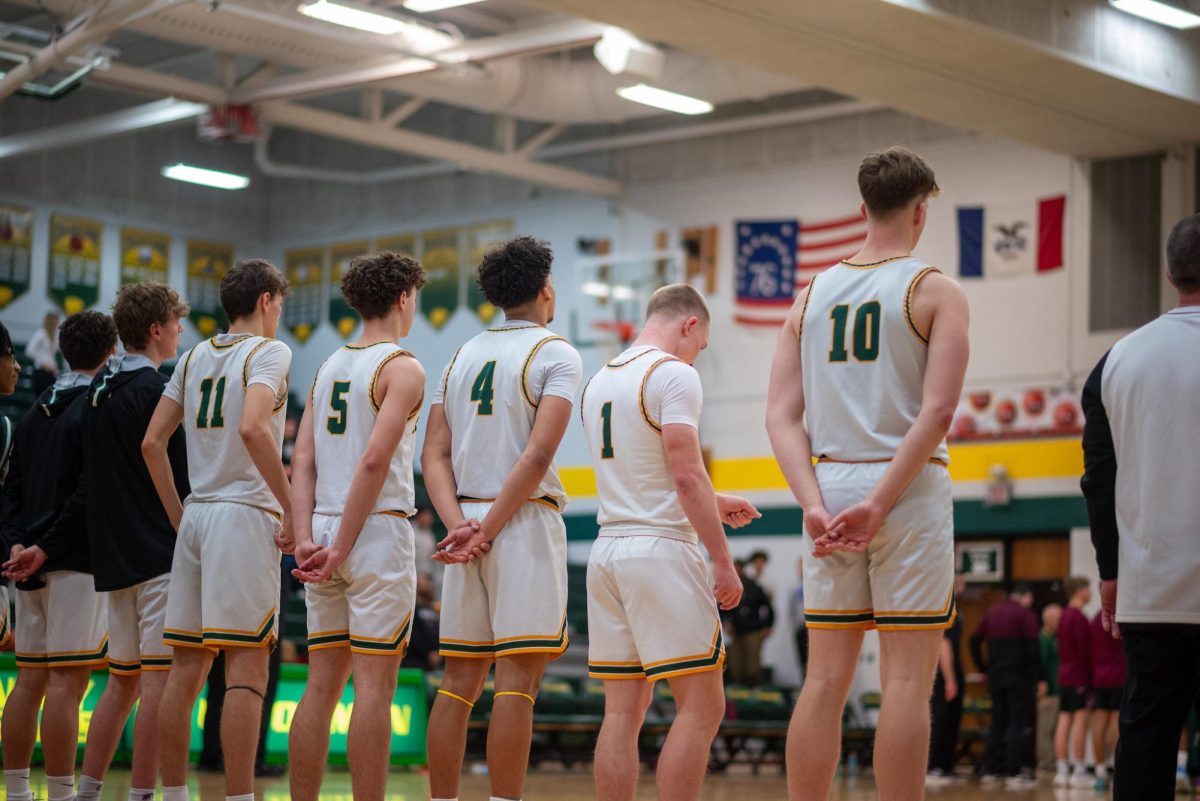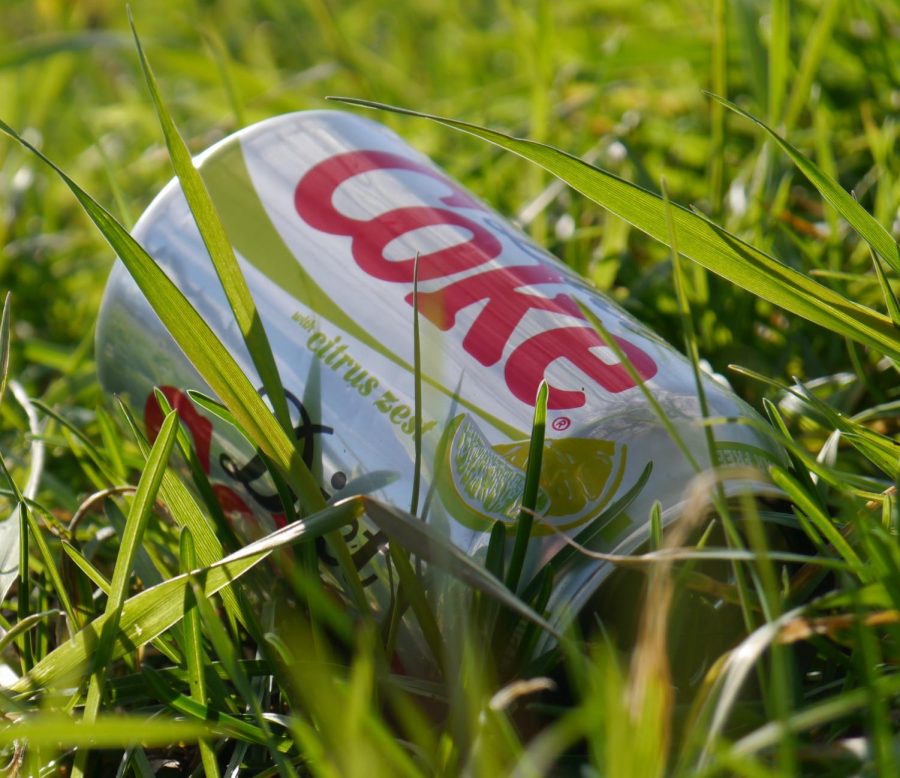The World is Dying
Yes, you read that right, and no, this is not clickbait. It’s far too true. We have 11 years.
June 7, 2019
According to the UN Intergovernmental Panel on Climate Change (IPCC), society has until 2030 to drastically change our way of living when it comes to carbon emissions, or else the damage will be irreversible, and the planet will soon be no longer habitable.
This is not something that is 100 years away, nor is it something that we don’t have to worry about. Eleven years is all we have. Eleven years until we reach the point of no return.
One huge way that students can make a difference is by reducing our carbon footprint, which measures the amount of carbon that individuals or groups emit into the atmosphere.
“For humans, we’re taking carbon that has been stored and removed from the natural carbon cycle for millions of years, and we’ve freed it back into the carbon cycle,” Paul Barnard said. He teaches biology at Kennedy.
Reducing carbon footprints is not a difficult task. It only requires small adjustments, which over time become second nature. Even students can make a difference.
“I’ve seen on the internet an increased use of metal water bottles and using reusable cups when getting coffee,” Amber Pinter, so., said.
Cutting out plastic is one of the easiest ways to reduce one’s carbon footprint. All it takes is the purchase of a reusable shopping bag, metal straw, or water bottle to make a difference.
“Plastic comes mostly from fossil fuels,” Barnard said. “That’s the re-freeing of stored carbon from the carbon cycle.”
Reducing our carbon footprint is essential to helping our planet’s sustainability. If our carbon emissions don’t change, global warming will be unstoppable, which is detrimental to many ecosystems.
“If you raise the temperature of the Earth, you’re going to change the pH in the ocean,” Barnard said. “You change the pH in the ocean, and the tiny plankton and algae can no longer survive and perform photosynthesis, meaning we’re losing out on oxygen.”
We don’t have a backup planet. If we as a whole don’t change our ways, we might not have a world to call our home. It will be hard to change our fate, but little changes can ripple into larger movements, and we can save the planet that we habit.

